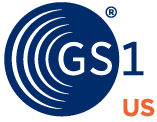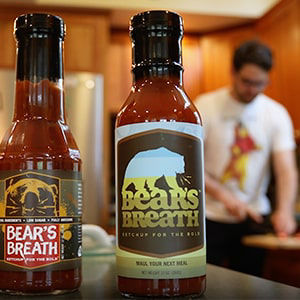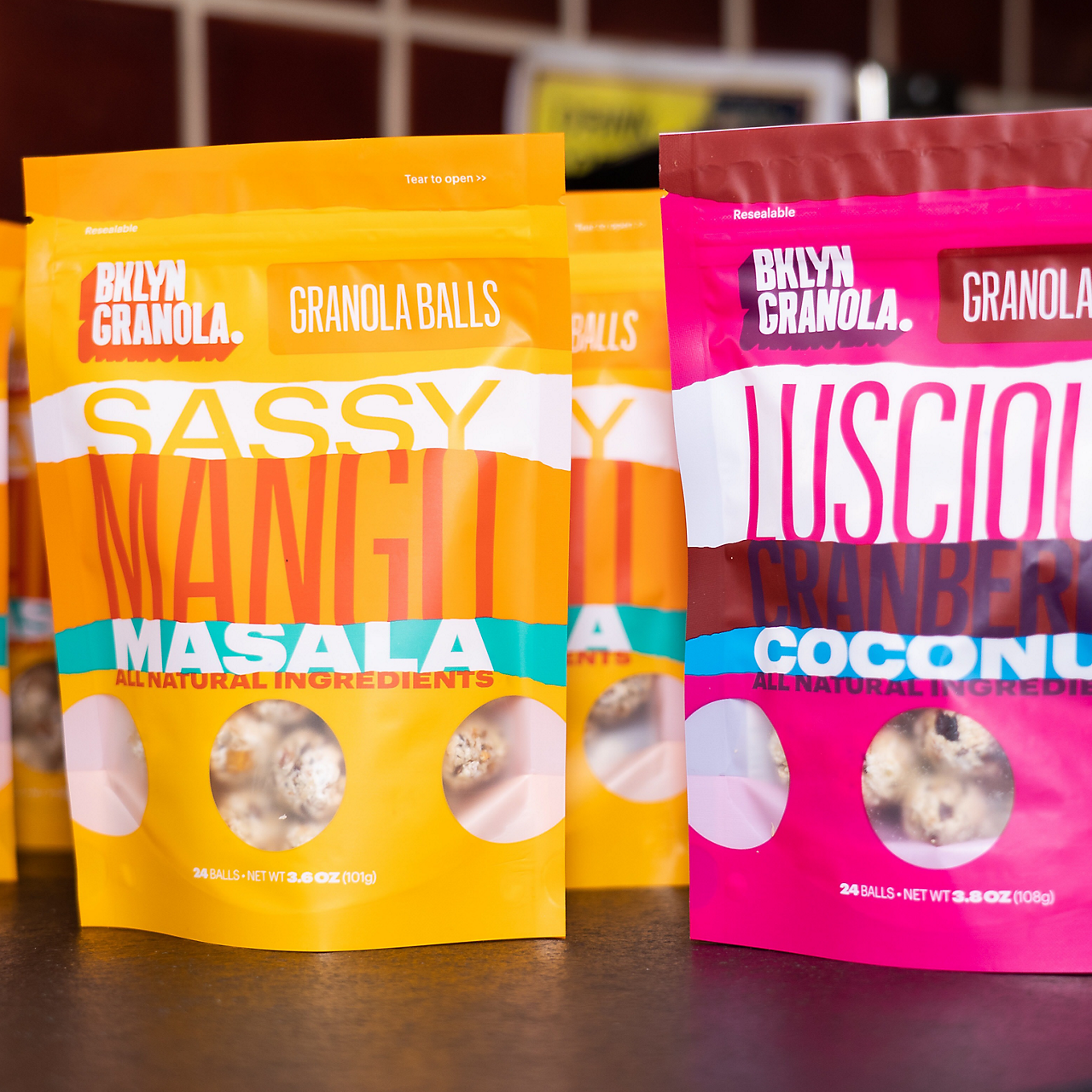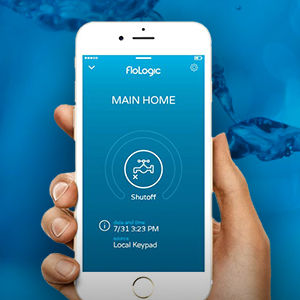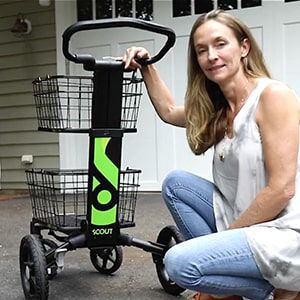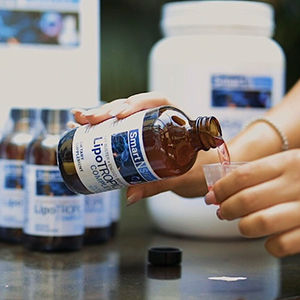Small Business Spotlight
-
This New Jersey-based company made the leap to become an all e–commerce business in 2018, and discovered the power of compiling complete and accurate data to win customers — including uniquely identifying each product with a GS1 barcode. We spoke with CEO, Andrew Jacobs, to hear about the challenges of evolving a storefront shop into the digital world.
How did your company’s early experiences shape the decision to become a purely e-commerce brand?
The business started when my father began making colorful envelopes and items that weren’t really a commodity - like copy paper. Marketing, public relations, and event planning companies, people who were willing to spend more on something unique, began to notice our products for their bold colors. In the early 2000s, we realized that our business really lent itself well to e-commerce. The more unique an item is, the easier it can be found in ecommerce. Plus, we thought that if we could become ecommerce experts ahead of our competitors, we could secure a major advantage. Now, we sell on major online marketplaces, like Amazon, as well as through our own website.
What have been some of your growth challenges?
Growth is difficult. People say it's a good problem to have, but it’s still a problem. For example, the software we had when we were shipping 200 orders a day is just not the same that you need operationally when you're shipping 5,000 orders a day. All of a sudden, you wake up and you're no longer a tiny business.
Plus, when you work with retailers, you really can't call a time-out and say, "Hold on. We're not ready for those extra 1,000 orders. Give me three to six months to build this out." You’re never really ready for growth, so you just have to run with the opportunity when it presents itself.
It’s important to do everything correctly internally, so that when the product ships, it’s consistent across all systems. You not only have to monitor your own systems, warehouse, people and processes, you then have to confirm that nothing is late or that there are no other issues. Our experience is that the marketplaces will ultimately always put the responsibility back onto the business owner to deliver everything on time. At the end of the day, it reflects on the retailer if the customer doesn't receive their order.
How did you know you needed to get your U.P.C. barcodes from GS1 US?
For many years, the business did not use barcodes because we were selling locally through our own store. Then, when we were first starting out with e-commerce, we used these third-party barcodes, and they worked for a few years. But when we started working with the major online marketplaces, they told us that they were just not going to work and that they required GS1 barcodes. Here we are almost 10 years later still cleaning up that mess. If I could do it again, I never would have used those third-party barcodes.
I also didn’t understand the doors that could be opened by assigning U.P.C.s to each of the products we offer. Now, I do. The second you have U.P.C. assigned items, you can work with more retailers and you can more easily manage supply and demand.
What advice do you have for other small businesses who are well-established like you and are exploring new channels?
Working with major online marketplaces offers a lot of opportunity for better exposure to customers, but it’s important to be prepared for their demands. They are going to ask for things that you are not comfortable doing, like providing product much faster when you might believe you are ready. As a smaller brand, I think it's an advantage to have the ability to say yes and then figure out how to get the task done. I think that larger companies may not have the ability to pivot or to change their ways as quickly as we can.
As a business owner in general, I would say it’s important to keep in mind that if it was easy everyone would be doing it. Knowing that it’s not impossible and that someone has figured it out, means there’s a way for you to make it work for your business too.
